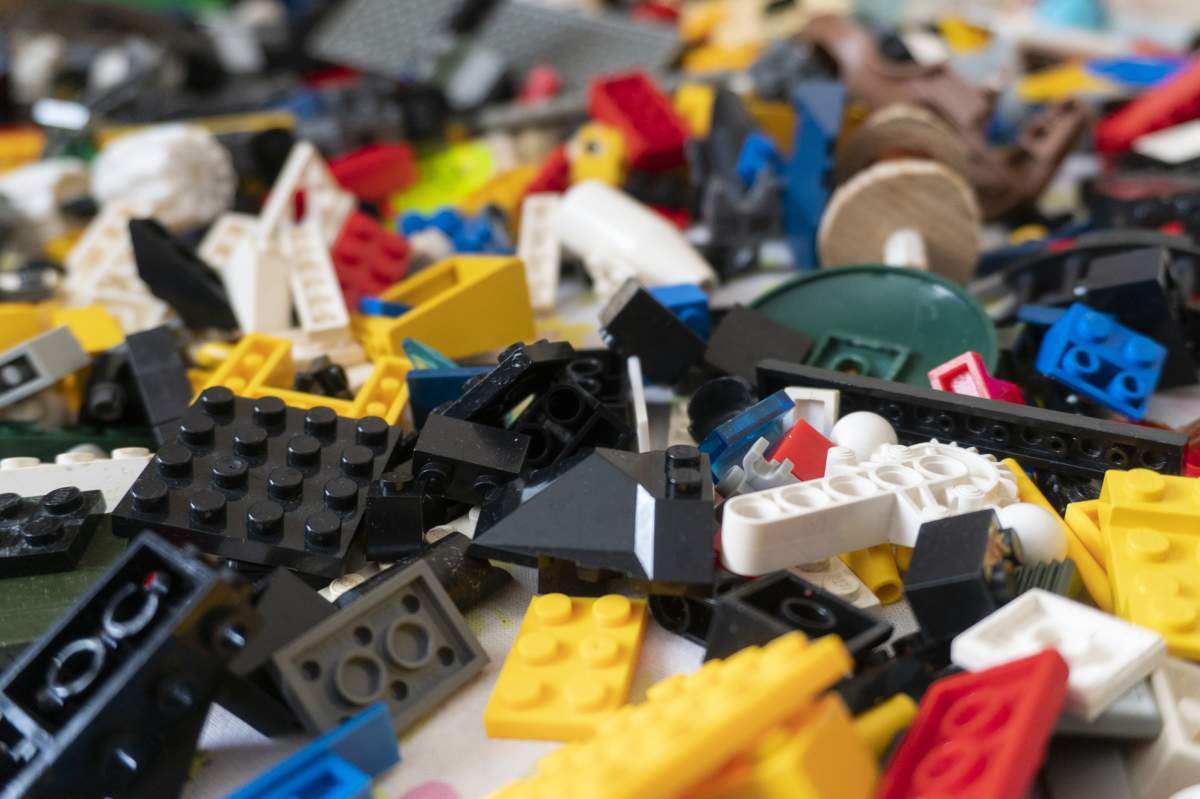Your kid needs to learn several preschool skills as a way of laying the groundwork for school. As much as the kid needs to play, you must train him/her on some basic writing, reading, and even math-solving skills. That should happen before the kid is introduced to the routines of school, group work, and how to be students later in elementary school.
Learning activities aren’t reserved for school only. You should act as your child’s teacher whenever he/she is at home. It is your duty as a parent to get your child excited about learning new things and making new discoveries. The good thing is that there are numerous engaging and effective activities that you can do at home to help your kid learn. You can, for example, invest in e-learning software that uses bright colors and images to drive educational information into kids’ young minds.
Virtual learning material such as videos for K-5 students can increase the engagement of your child in learning activities. In practice, your child will be more eager to learn when lessons are delivered to him/her in an interactive and colorful screen, as opposed to the traditional black and whiteboard. E-learning platforms also host tons of multimedia tools that will train your child to communicate effectively with his/her peers and even the adults in his/her life.
Do you have a preschool-aged kid? Are you willing to start teaching the kid invaluable preschool lessons at home but you aren’t sure exactly where to start? Here are a few lessons you can start with.
Life skills
It is important that your kid learns the art of getting along with other people, even when it means making sacrifices. Teach them the importance of following through on promises, being respectful, and obeying rules. Life skills should come before any academic skills because they are integral in molding your child’s future. Teach the kid simple chores, instill family rules in him/her, and shower him/her with parental and sibling love before sending him/her out to the world. That will help the kid grow into a loving, responsible, and compassionate adult. Sending your child to school without first teaching him/her how to live with people will only frustrate him/her, and everyone around him/her.
Phonics
This means going beyond teaching letters to your kid to instilling in them the idea that it is those letters that combine to make sounds. Remember that the kid is too young to understand anything advanced- just teach the basics of phonics and be sure to make the lesson adventurous and fun. You can start by helping the kid make alphabet books, after which you progress to playing games that prompt the kid to note sounds and the letters that make each sound. Roll out cookie dough into letters if your kid isn’t into alphabet books.
Reading
Reading skills are built through songs, poems, and stories. Share exciting stories with the kid, read books together, and recite poems. Play games that require the child to label objects, name animals, and type words on a computer. Spell out your child’s name and other words with it and ask him/her to repeat after you. For children that might have speech therapy problems, you could offer them speech therapy that would involve special reading books, songs or stories to help them overcome their problem.
Writing
Start by letting him/her draw and paint anything that comes to their young mind. Help him develop fine motor skills by writing letters on cards and cutting them out. Let him/her practice writing letters and names, decorate cards, or hold your hand so that you write a letter together.
Colors
If there is one thing that kids love right from an early age, it is colors! Teach them to identify colors and you will have an easy time teaching them how to count or sorting items. It is fun, for example, when the kid is counting the green cars in a picture or grey puppies compared to when the colors aren’t specified.
Math
Teach the child what a number is, different shapes, patterns, categories, measures, and quantity. Make a counting book, name shapes of different items in the household e.g. buttons, the TV, pots, small toys, etc. Make different shapes out of food, e.g. making cubes from mashed potatoes, or cutting a pizza into triangles, making circles using noodles, etc.
Conclusion
Are you involving your kid in household chores? Don’t make the kiddo sit in front of a TV all day. Engage him/her in activities that will make him/her learn, play, and discover new things. This will require lots of time and energy, but isn’t that what parenting is all about?
